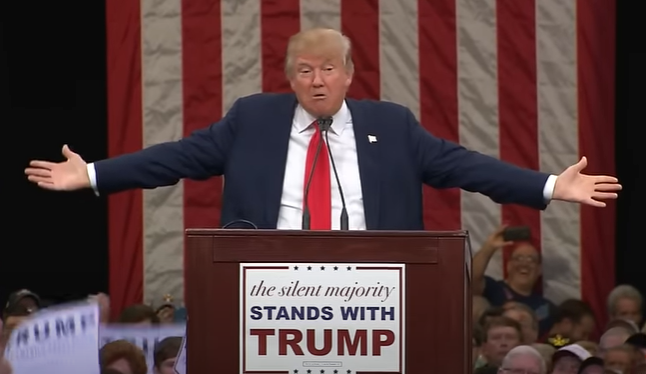China Erases Trump’s Explosive ‘Bomb Beijing’ Warning Amid Taiwan Audio Leak
- Natalie Frank
- Jul 9, 2025
- 3 min read
Updated: Jul 15, 2025
Leaked audio of Trump’s chilling threat to bomb Beijing vanishes from Chinese state media, sparking questions about censorship, credibility, and rising regional tensions
Natalie C. Frank, Ph.D July 9, 2025

WAHINGTON, BEIJING - There are indications that Beijing is actively suppressing references to former U.S. President Donald Trump's explosive claim that he threatened to bomb Beijing if China invaded Taiwan. This allegation surfaced after audio footage emerged during last year's presidential campaign, in which Trump privately told donors that he had issued similar warnings to both Russian President Vladimir Putin and Chinese President Xi Jinping.
“I’m gonna bomb the s*** out of Moscow if you put troops into Ukraine,” Trump reportedly told Putin.
The audio was released shortly after an interview with Trump’s former Defense Secretary, Pete Hegseth, who warned that a Chinese invasion of Taiwan could be imminent. While the U.S. continues to supply Taiwan with arms, official policy remains deliberately ambiguous on whether the U.S. would intervene militarily. Trump had previously reflected this stance, stating he would "never comment on that." In the newly surfaced recording, Trump recounts a tense exchange with Putin, then adds that he had delivered a similar warning to Xi Jinping regarding Taiwan.
“I said the same thing to [Xi]. I said, you know if you go into Taiwan I'm gonna bomb the s*** out of Beijing,” Trump declared. “I said, I have no choice, I got to bomb you.”
Trump also mentioned that both leaders believed him to be only "10 percent" convinced, but he remarked, "and 10 percent is all you need."
Despite widespread sharing of Trump’s threat against Moscow, reportedly garnering over 24 million views on Weibo in less than 12 hours, any mention of his Beijing warning has been removed. Chinese online platforms, including state-backed outlets, featured coverage of the Putin portion but immediately cut off before mentioning Xi Jinping or Taiwan.
State censorship in China routinely removes content considered politically sensitive, especially anything that might challenge Communist Party messaging or stir nationalist sentiments. Experts describe this deletion as a classic example of China’s tight control over online information.
Trump’s alarming threats come amid rising tensions in East Asia. Just last week, Taiwan launched its annual Han Kuang military exercises, which included the deployment of new U.S.-supplied High Mobility Artillery Rocket Systems (HIMARS), a move aimed at bolstering Taiwan’s defense against potential Chinese invasion. There are reports that Trump has accepted an invitation from Xi to meet in China, which would be their first official encounter since the G20 summit in Osaka in 2019.
Whether they plan to address the leaked audio during the talks remains uncertain, but the controversy undoubtedly casts a shadow over the diplomatic meeting. China’s efforts to erase any mention of Beijing emphasize how carefully controlled domestic narratives are, and emphasize the sensitivity surrounding Taiwan’s status. Beijing’s actions demonstrate a broader effort to maintain stability and manage national sentiment amid changing U.S.–China relations.
Trump’s statements, whether meant as a deterrent or a display of political bravado, add a new layer of complexity to U.S.–China relations. Coupled with China's extensive censorship measures, this episode shows how contemporary diplomacy must navigate leaked information, public perception, and strategic ambiguity. As international observers await the possible meeting between Trump and Xi, a key question remains: does the removal of content online eliminate the threat, or does it only serve to intensify its impact?
The audio’s authenticity is already under scrutiny. Kremlin spokesperson Dmitry Peskov cast doubt on Trump’s claim about Putin, stating the conversation likely occurred “when Trump was not yet the president of the United States.” He said:
“After all, we are talking, as far as I understand, about the period when Trump was not yet the president of the United States.”
Similarly, some American commentators question the reliability of Trump’s statements. Former U.S. Ambassador to Japan Rahm Emanuel told CNN:
“I've come to view—this is maybe a well-honed citizen—what people say in front of donors, I won't exactly take at face value, especially this.”
These comments reflect a growing trend of skepticism toward Trump’s behind-closed-doors rhetoric, suggesting political theater might be at play rather than actual policy intent.






